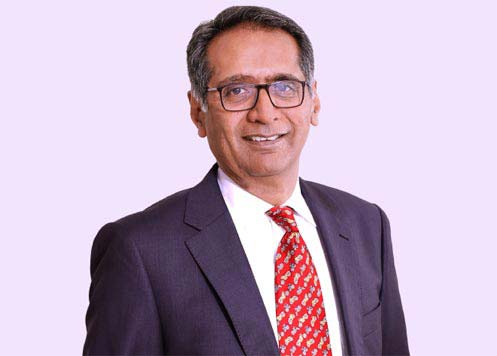Creating a manufacturing future for India

Providing low-cost products of very high quality is the window of opportunity to launch India as a manufacturing powerhouse in the world.
Manufacturing is being strategized as a growth engine for the country. The opportunities are immense. To create a long-term and sustainable manufacturing platform for the nation, we need to go beyond being a low-cost source for products. In the short term, low-cost should be combined with high-quality to gain credible traction in global markets. Providing low-cost products of very high quality is the window of opportunity to launch ourselves as a manufacturing powerhouse in the world. But to sustain this position, we need to build technology as a differentiator for the future, parallel to the low-cost/high-quality path.
The path taken by Japan in the 50s and Korea in the 60s is powerful example that technology is the sustainable differentiator for a sustainable manufacturing platform. During the initial phase of low-cost and high-quality, we can get away with just know-how. We would probably be manufacturing products based on designs made by others – the how of building the product. Parallel to this, we need to build the “know-why” of the products. This will earn us the capability to design and manufacture the next products.
This transformation requires sustained investment over a long period of time in building deep knowledge and wisdom in each company. Such investments should come from forgiving capital that enables learning from failures. Most of the “know-why” is built on failures rather than successes. We need to create this stamina in the companies in India.
Profit-seeking capital typically has relatively shorter time horizons in its expectations of return, and thus it will not fully satisfy the conditions required for forgiving capital. Know-why in a manufacturing context cannot be built using the model of “burn rate” as in a start-up. Manufacturing companies need to be profitable, and this should be non-negotiable. But fiscal policies can be crafted that will enable the creation of forgiving capital from the profits earned. Earlier policies on deep deductions for research and development were cumbersome to implement, and there were questions of appropriateness. Efforts going into building know-why should be measured in a nuanced manner and discriminatingly provided with fiscal support.
(Dr. Jairam Varadaraj, Managing Director, Elgi Equipments Limited. The views expressed in the article are of the author and do not reflect the official position or policy of FinancialExpress.com.)
FINANCIAL EXPRESS


